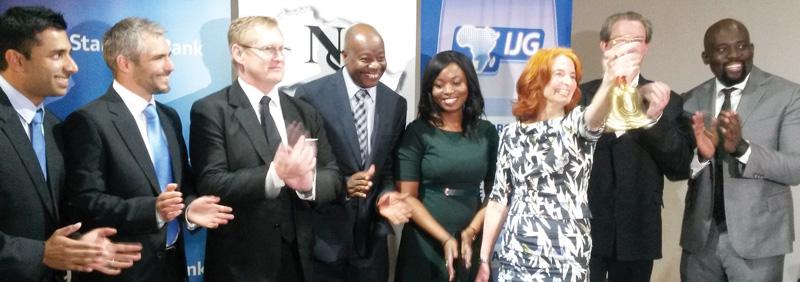
SADC EPA partners face-off with EU
Namibia together with other SADC EPA countries will next week hold a new round of negotiations with the European Union in a meeting that is expected to provide fresh impetus to the faltering EPA agreement.
The head of the European Union (EU) Delegation to Namibia, Ambassador Raul Fuentes Milani said this week that the meeting between the EU on one hand and Namibia, Botswana, Lesotho, Swaziland, Mozambique, Angola and South Africa on the other, is of great importance to bring new momentum to the EPA process, since the last meeting took place in November 2011.
“The EU is looking forward to engage with its SADC partners in order to finalise all outstanding aspects of the EPA negotiations,” Ambassador Milani said.
“The meeting is an opportunity to address all outstanding issues of the negotiations. Market access of SADC products to the EU, and vice versa, will be high on the agenda. The EU is ready to accept “a deal”, meaning that the list of SADC products which will receive preferential access to the EU will be much longer and more substantial than the new preferences granted to the EU, but the EU feels that some reciprocity is necessary. In this regard, the EU will ask for an indication on the “sensitivities” of the SADC partners to ensure that all concerns are properly addressed,” he furher said.
The Pretoria meeting is also expected to address issues of a technical nature, such as the definition of the parties to the agreement, safeguards and the stand-still clause, which are issues on which the EU has already presented text proposals and are well advanced in the negotiations.
“Other issues such as the Most Favoured Nation Clause and the Export Taxes are more complex and will probably need to be addressed in the context of a global deal,” the Ambassador said.
Regarding the other contentious issue on rules of origin of fisheries, the EU says it received the Namibian answer to the EU proposal only recently. “We are studying it with great interest,” Milani said.
In the meantime, the EU says the Most Favoured Nation clause needs to be addressed in the context of the regional negotiations as part of the global deal.
“The EPA negotiations, as with all major trade and development agreements, are complex because they need to end in a “win-win” deal, a deal which is beneficial for both parties. We are working towards that and, in full respect of our partners views, we believe we can achieve that in the near future.”











































